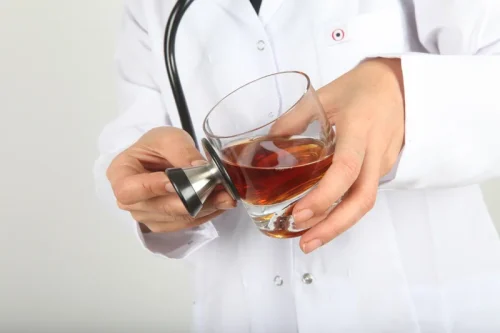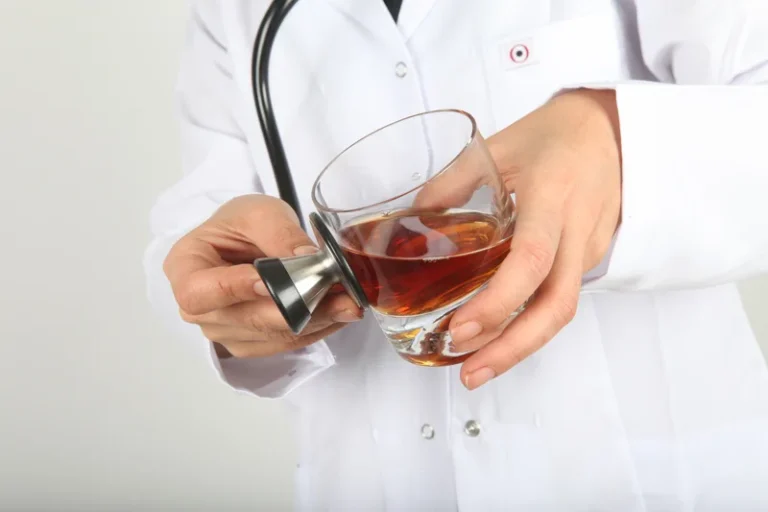What It Is Like Living in a Sober House: A Complete Guide
Content
- Previous PostMy Story of Addiction for National Recovery Month
- Final Tip: Start Your Recovery Today
- An Artist And A Scientist Take On The Stigma Of Addiction
- After the healing, a better life
- Build Healthy Relationships
- Limits on virtual addiction treatment may soon return, making care harder to access
Using a planner to schedule out free time is a great way to avoid boredom and wasted time, which put a person at higher risk for relapse. Financial planning and management may be difficult for a person in recovery, as they may be used to allocating all their money to acquiring drugs and/or alcohol. Eudaimonia transitional housing programs require that residents purchase their own personal products, food, pay rent, and purchase anything else they need that is not already provided. The time spent in a sober living house https://www.healthworkscollective.com/how-choose-sober-house-tips-to-focus-on/ will give residents the opportunity to practice budgeting, saving, and planning for these expenses. They address multiple factors including education, job training and employment, positive family and social relationships, and housing opportunities, and they work to meet many other personal and professional needs. These factors, known collectively as “recovery capital,” enhance an individual’s ability to function in his or her surroundings, reduce the risk of problematic substance use, and maximize quality of life.
Recovery support resources can be found within recovery organizations at the local, state, and national levels. Today, there are hundreds of such organizations throughout the United States. That is becoming a key metric for making these supports widely available through expanded public or private funding, or for linking the services to healthcare systems.
Previous PostMy Story of Addiction for National Recovery Month
As you work toward achieving your goals or dreams, you need to give of yourself to others. This includes your family members, of course, but it goes beyond that to include others who may have no outside assistance, hope or support. You could become a sponsor to a newcomer in your support group, for example. The best time to consider this is after you’ve been successfully in recovery for a period of about two years. If you look around you, it should be fairly easy to come up with ideas.
Keep in mind your personal limitations, and consult with your primary care physician about your needs, but by all means, work those muscles. You’ll also discover that every group is fully self-supporting, meaning that you don’t have to be a recovery “expert” or sobriety “guru” to chair a meeting; you don’t have to have a degree in accounting to be treasurer. No one in the group is your “boss,” and you don’t ever move up a “hierarchy” to hold a position greater than someone else. We’re all addicts who can each play a role in sustaining the group’s primary purpose, which is to carry the message to the addicts who still suffer.
Final Tip: Start Your Recovery Today
A common denominator of emotional relapse is poor self-care.3 A high-quality transitional housing program will help clients recognize the importance of self-care as well as what it looks like on a daily basis. Residents should learn and practice the basics of self-care practices within the boundaries of their sober living program. This includes getting adequate sleep, eating nutritious foods, and using coping strategies to combat depression, anxiety, and other negative emotions and thoughts.

More often than not, however, these feelings are merely an illusion, a mask for the deep-rooted emotional pain and insecurities that a person is so desperately trying to escape. In order to stay happy and healthy in sobriety, it’s important to be diligent about practicing self-love. And, most importantly, treat yourself with compassion and kindness. Every year, millions of Americans successfully complete inpatient treatment for drug and/or alcohol addiction.
An Artist And A Scientist Take On The Stigma Of Addiction
It’s important to develop a structured daily and weekly schedule and stick to it. Depending on the type of dependency, PAWS can last from six months to two years after you stop using drugs or alcohol. This article discusses what sobriety means and describes strategies that can support your long-term recovery.

In short, mindfulness is the practice of giving your full attention to the present moment, taking notice of what you’re thinking and/or feeling, and removing filters, judgement, and criticism from your thoughts. In time, and with dedicated practice, mindfulness has the ability to rewire an addicted brain by teaching it new and better ways to respond to stress, cravings, and triggers. Various HEAL-funded research projects, such as the HEALing Communities Study, partner with recovery organizations to help communities choose the most effective strategies to meet local needs and conditions. The NIH HEAL Initiative also partners with NIDA to fund research within the Consortium on Addiction Recovery Science, a nationwide effort that focuses on research network-building initiatives.
After the healing, a better life
So, it’s extra helpful to have a support network available to you when you need it. The more strategies you learn to identify triggers, cope with stress, and manage your new sober life, the easier it is to prevent relapse. If you came through How to Choose a Sober House: Tips to Focus on residential treatment at Cornerstone of Recovery, then you’re well aware of the importance we place on our fitness program while in treatment. Above all else, it’s imperative that you realize that your life isn’t confined to the rooms.
- For married individuals or adolescents and teens in a family, the need for interaction with all the family members is paramount.
- In the United States, 60.1% of individuals ages 12 and older use at least one substance (like tobacco, alcohol, or an illicit drug), according to the latest National Survey on Drug Use and Health.


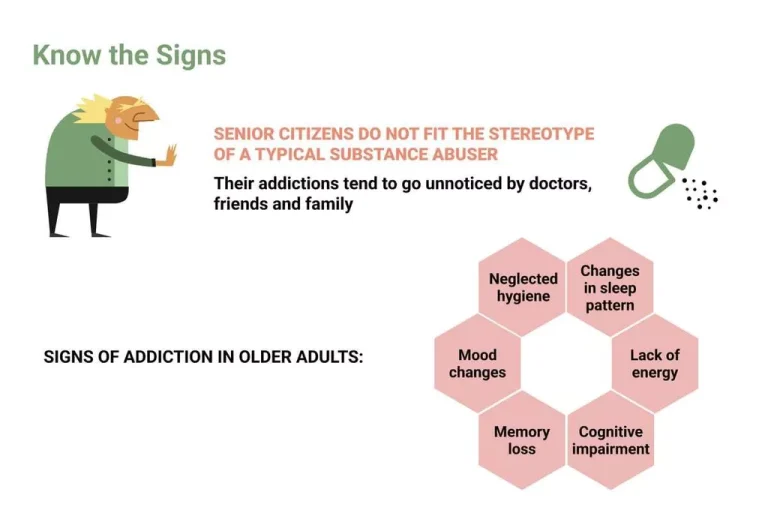



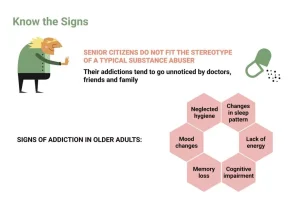
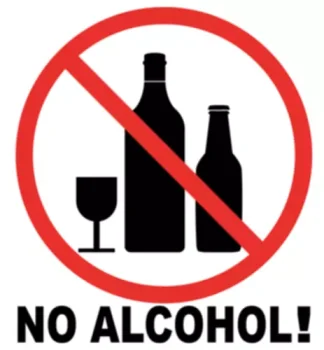

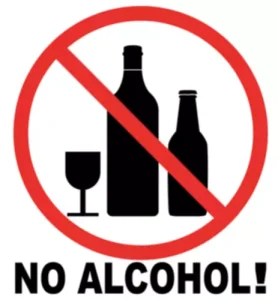


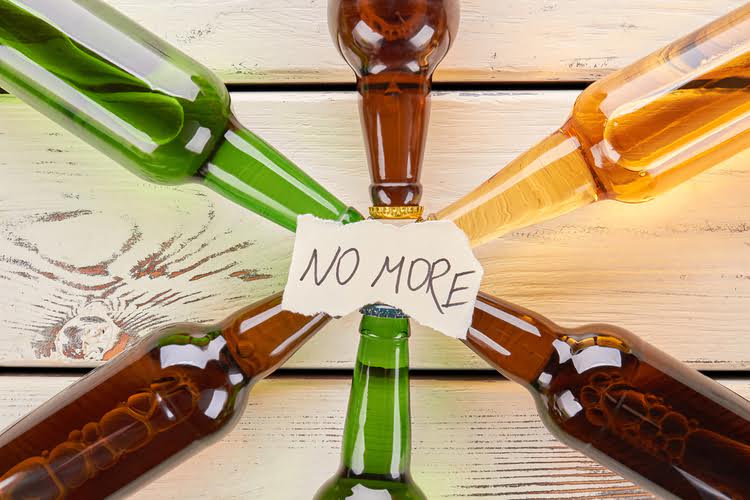
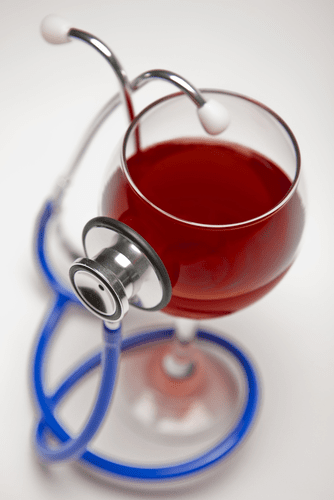
 Awaken your potential by exploring the world around you and developing interests outside of substances by Saying Yes to Life. Whether it’s taking up a sport, diving into arts and crafts, or learning to play a musical instrument, new hobbies can provide a sense of achievement and distraction from cravings.
Awaken your potential by exploring the world around you and developing interests outside of substances by Saying Yes to Life. Whether it’s taking up a sport, diving into arts and crafts, or learning to play a musical instrument, new hobbies can provide a sense of achievement and distraction from cravings. 


